10 Best Herbal Decoctions For Jet Lag
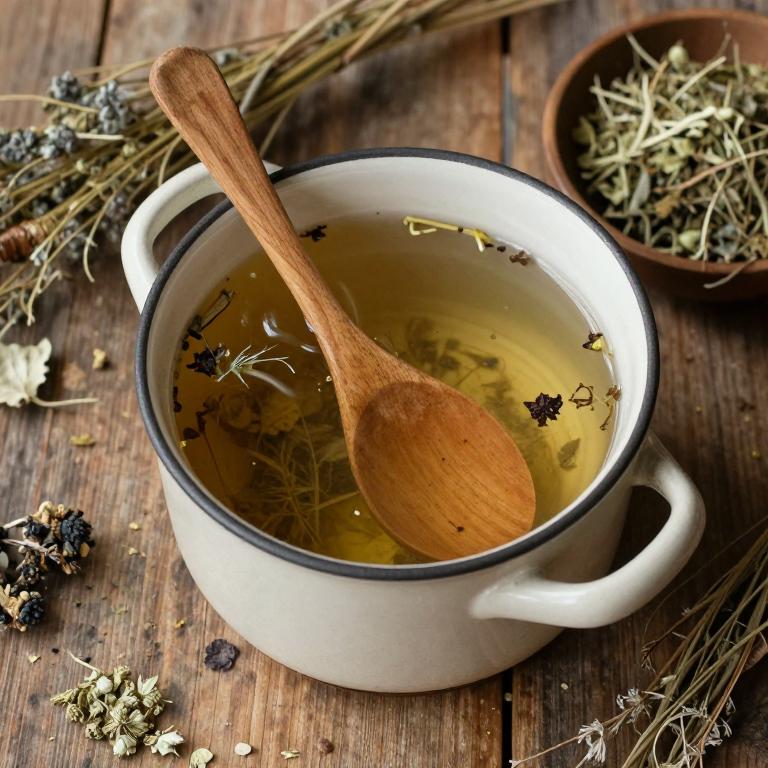
Herbal decoctions have been traditionally used to help alleviate the symptoms of jet lag by supporting the body's natural circadian rhythms.
Common herbs such as valerian root, chamomile, and lemon balm are often included in these decoctions due to their calming and sedative properties. These herbal infusions can promote relaxation and improve sleep quality, which is essential for recovery from the effects of disrupted sleep patterns. Some decoctions also contain adaptogens like ashwagandha or rhodiola rosea, which may help the body adjust to new time zones more quickly.
While herbal decoctions can be a natural and complementary approach to managing jet lag, it is important to consult with a healthcare professional before use, especially for individuals with existing health conditions or those taking medications.
Table of Contents
- 1. Valerian (Valeriana officinalis)
- 2. Lemon balm (Melissa officinalis)
- 3. Maypop (Passiflora incarnata)
- 4. Chaste tree (Vitex agnus-castus)
- 5. Licorice (Glycyrrhiza glabra)
- 6. Echinacea (Echinacea purpurea)
- 7. Goatweed (Cirsium arvense)
- 8. Golden root (Rhodiola rosea)
- 9. Black cumin (Nigella sativa)
- 10. Blessed thistle (Cnicus benedictus)
1. Valerian (Valeriana officinalis)

Valeriana officinalis, commonly known as valerian, is a traditional herbal remedy that has been used for centuries to promote relaxation and improve sleep quality.
Its herbal decoctions, made by steeping the dried root in hot water, are believed to help alleviate the symptoms of jet lag by regulating the body's circadian rhythm. The active compounds in valerian, such as valerenic acid and sesquiterpenes, may interact with the central nervous system to reduce anxiety and enhance sleep duration. While some studies suggest valerian may support better sleep, more research is needed to confirm its effectiveness specifically for jet lag.
As with any herbal remedy, it is advisable to consult a healthcare professional before use, especially for those with existing medical conditions or taking other medications.
2. Lemon balm (Melissa officinalis)
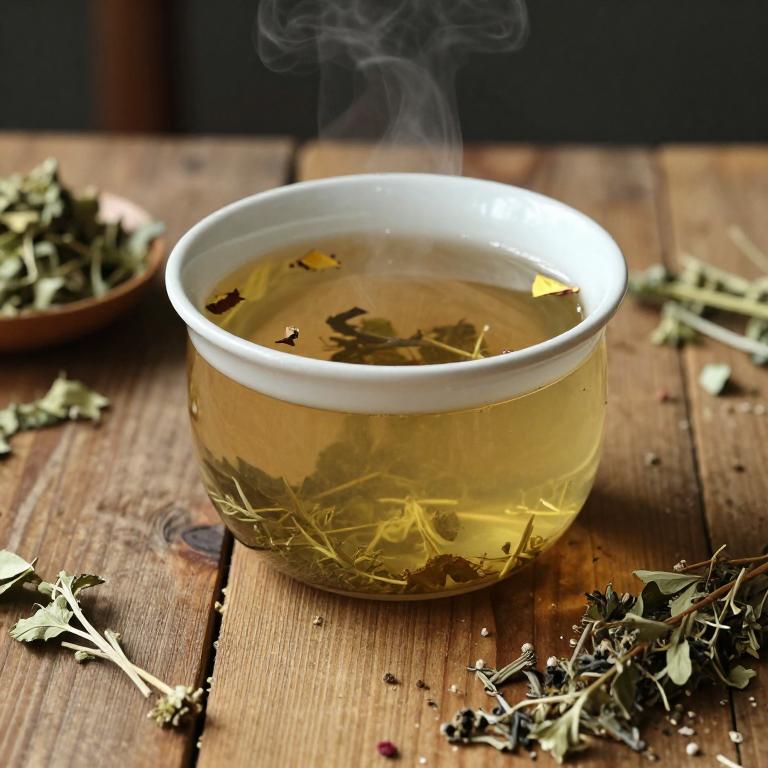
Melissa officinalis, commonly known as lemon balm, has been traditionally used for its calming and sedative properties, making it a potential remedy for alleviating the symptoms of jet lag.
Herbal decoctions made from dried lemon balm leaves can be prepared by steeping the leaves in hot water for several minutes, creating a soothing tea that may help regulate sleep patterns. Some studies suggest that the active compounds in lemon balm, such as flavonoids and monoterpene glycosides, may influence the central nervous system to promote relaxation and improve sleep quality. While more research is needed to confirm its efficacy for jet lag specifically, many travelers report feeling more rested after using lemon balm decoctions during their recovery from time zone changes.
As with any herbal remedy, it is advisable to consult a healthcare professional before use, especially for individuals with existing medical conditions or those taking other medications.
3. Maypop (Passiflora incarnata)
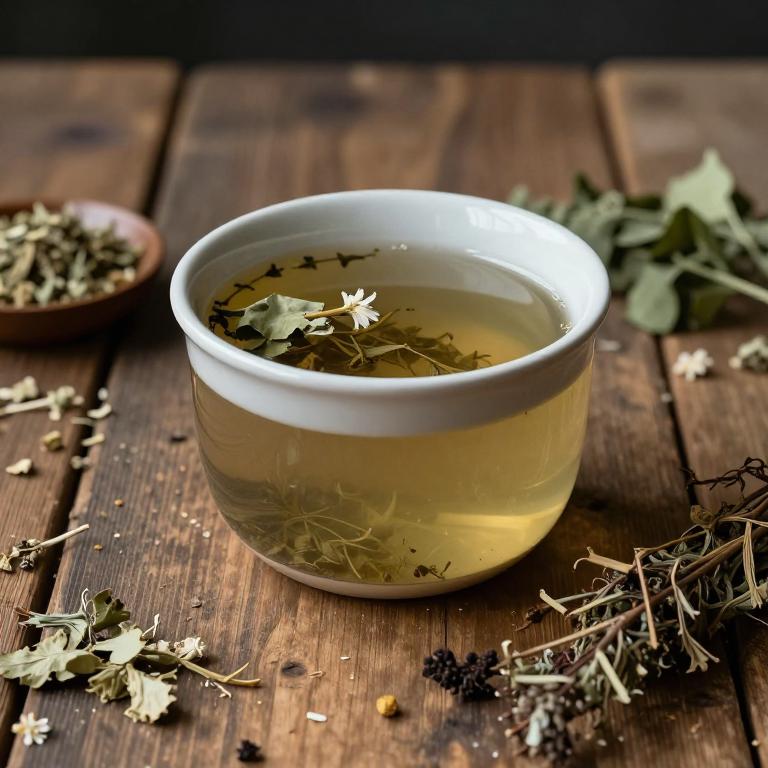
Passiflora incarnata, commonly known as passionflower, has been traditionally used for its calming properties and may help alleviate symptoms of jet lag by promoting relaxation and improving sleep quality.
Herbal decoctions made from the dried leaves and flowers of Passiflora incarnata can be consumed as a natural remedy to ease the disruption of circadian rhythms caused by crossing time zones. The plant contains compounds such as flavonoids and alkaloids that may have sedative and anxiolytic effects, supporting a more restful sleep during the adjustment period. To prepare the decoction, the herb is typically steeped in hot water for several minutes, then strained and consumed before bedtime.
While it is generally considered safe, individuals should consult with a healthcare provider before using passionflower, especially if they are on medication or have underlying health conditions.
4. Chaste tree (Vitex agnus-castus)

Vitex agnus-castus, commonly known as chasteberry, has been traditionally used to support hormonal balance and may offer potential benefits for managing jet lag.
Herbal decoctions made from vitex agnus-castus are believed to influence the body's circadian rhythms by regulating melatonin production, which is crucial for sleep-wake cycles. Some studies suggest that vitex may help alleviate symptoms of mild insomnia and fatigue associated with jet lag by promoting relaxation and improving sleep quality. However, more research is needed to fully understand its efficacy and optimal dosage for this specific purpose.
As with any herbal remedy, it is advisable to consult a healthcare professional before use, especially for individuals with existing health conditions or those taking other medications.
5. Licorice (Glycyrrhiza glabra)

Glycyrrhiza glabra, commonly known as licorice root, has been traditionally used in herbal medicine for its adaptogenic properties, which may help the body manage stress and fatigue.
Herbal decoctions made from Glycyrrhiza glabra are believed to support adrenal function, potentially aiding the body in adjusting to time zone changes associated with jet lag. Some studies suggest that licorice root may help regulate cortisol levels, which are often disrupted during travel across time zones. However, it is important to note that while licorice root may offer supportive benefits, it should not replace conventional strategies such as gradual time zone adjustment and proper sleep hygiene.
As with any herbal remedy, it is advisable to consult a healthcare professional before use, especially for individuals with hypertension or other health conditions.
6. Echinacea (Echinacea purpurea)

Echinacea purpurea, a popular herbal remedy known for its immune-boosting properties, has been explored for its potential to alleviate symptoms of jet lag.
While scientific evidence specifically linking echinacea to jet lag relief is limited, some studies suggest that adaptogenic herbs may help regulate the body's circadian rhythm. Herbal decoctions made from echinacea typically involve boiling the dried roots or flowers to extract its active compounds, which may support overall wellness during travel. Some individuals use echinacea decoctions as part of a holistic approach to manage fatigue and mood changes associated with time zone disruptions.
However, it is important to consult with a healthcare provider before using echinacea, especially for those with allergies or taking other medications.
7. Goatweed (Cirsium arvense)

Cirsium arvense, commonly known as field thistle, has been traditionally used in herbal medicine for its potential to support circadian rhythm regulation.
Some studies suggest that its active compounds may influence melatonin production, which plays a key role in sleep-wake cycles. Herbal decoctions made from Cirsium arvense are believed to help alleviate symptoms of jet lag by promoting relaxation and improving sleep quality. However, more scientific research is needed to fully understand its efficacy and safety for this purpose.
As with any herbal remedy, it is advisable to consult a healthcare professional before use, especially for individuals with existing health conditions or those taking other medications.
8. Golden root (Rhodiola rosea)
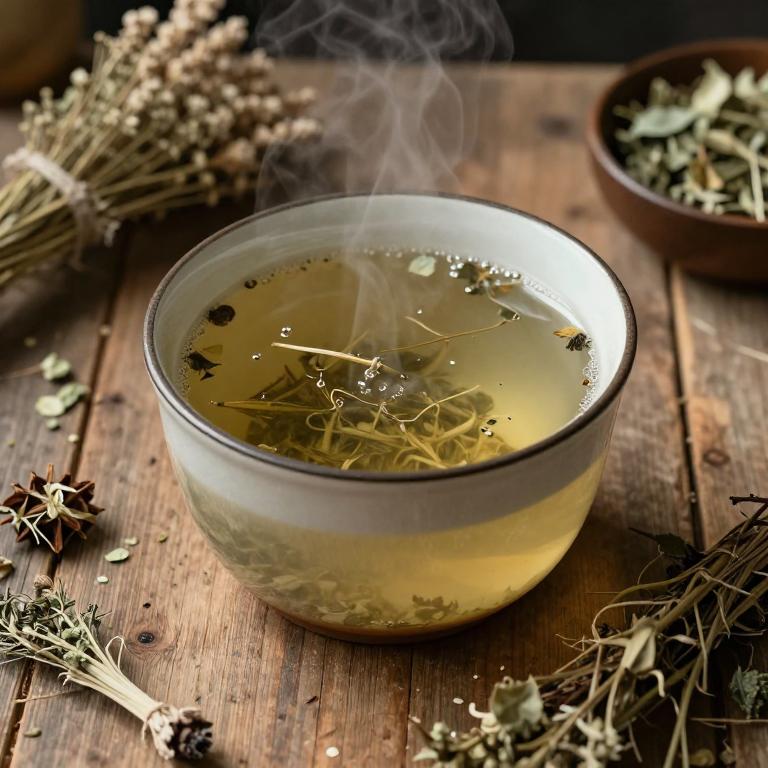
Rhodiola rosea, a adaptogenic herb, has been studied for its potential to help alleviate the symptoms of jet lag by supporting the body's ability to adapt to changes in time zones.
Its active compounds, such as rosavins and salidrosides, are believed to enhance mental clarity, reduce fatigue, and regulate the body's circadian rhythms. Some research suggests that taking rhodiola rosea herbal decoctions before and after crossing time zones may help reduce the physical and mental exhaustion associated with jet lag. However, more clinical studies are needed to confirm its efficacy and optimal dosage for this purpose.
As with any herbal supplement, it is advisable to consult a healthcare professional before use, especially for individuals with pre-existing medical conditions or those taking other medications.
9. Black cumin (Nigella sativa)
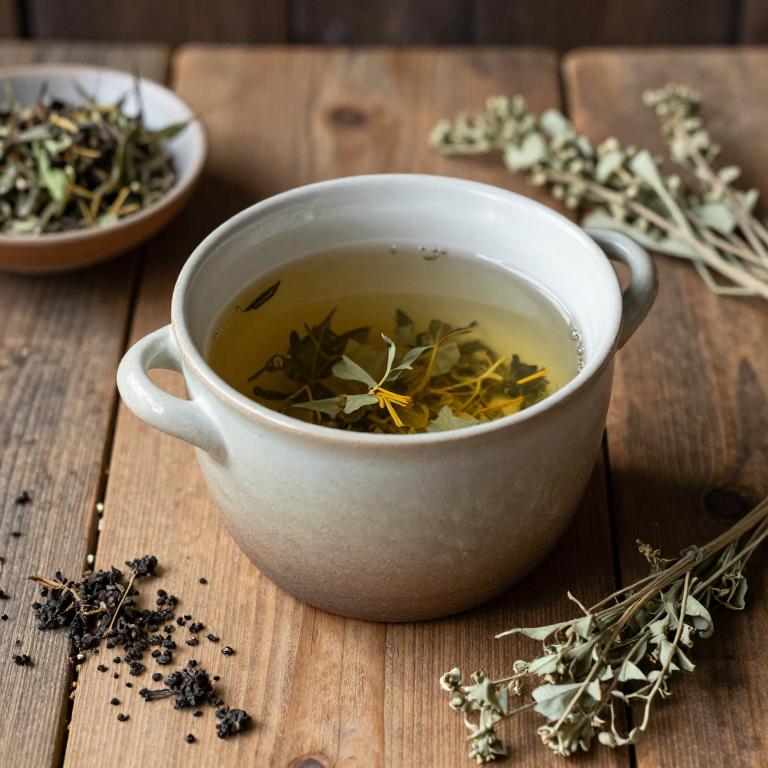
Nigella sativa, commonly known as black cumin, has been traditionally used in herbal medicine for its potential health benefits, including its anti-inflammatory and antioxidant properties.
Some studies suggest that the active compound in nigella sativa, thymoquinone, may help regulate the body's circadian rhythms, which could be beneficial for managing jet lag. Herbal decoctions made from nigella sativa seeds are often consumed as a tea or tincture, and some individuals use them to support sleep patterns and reduce fatigue during travel across time zones. While more research is needed to confirm its efficacy for jet lag specifically, anecdotal reports indicate that it may help ease the symptoms associated with disrupted sleep schedules.
As with any herbal remedy, it is advisable to consult a healthcare professional before using nigella sativa, especially for those with existing health conditions or taking other medications.
10. Blessed thistle (Cnicus benedictus)

Cnicus benedictus, also known as Saint Benedict’s thistle, has been traditionally used in herbal medicine for its potential to support circadian rhythm regulation.
Herbal decoctions made from the plant's leaves and flowers are believed to help alleviate symptoms of jet lag by promoting better sleep patterns and reducing fatigue. The active compounds in Cnicus benedictus may influence the body's internal clock by interacting with melatonin pathways, though scientific evidence remains limited. Some studies suggest that its mild sedative properties could aid in adjusting to new time zones more effectively.
While not a substitute for proper rest and time management, Cnicus benedictus herbal decoctions may offer a natural complement to managing jet lag symptoms.